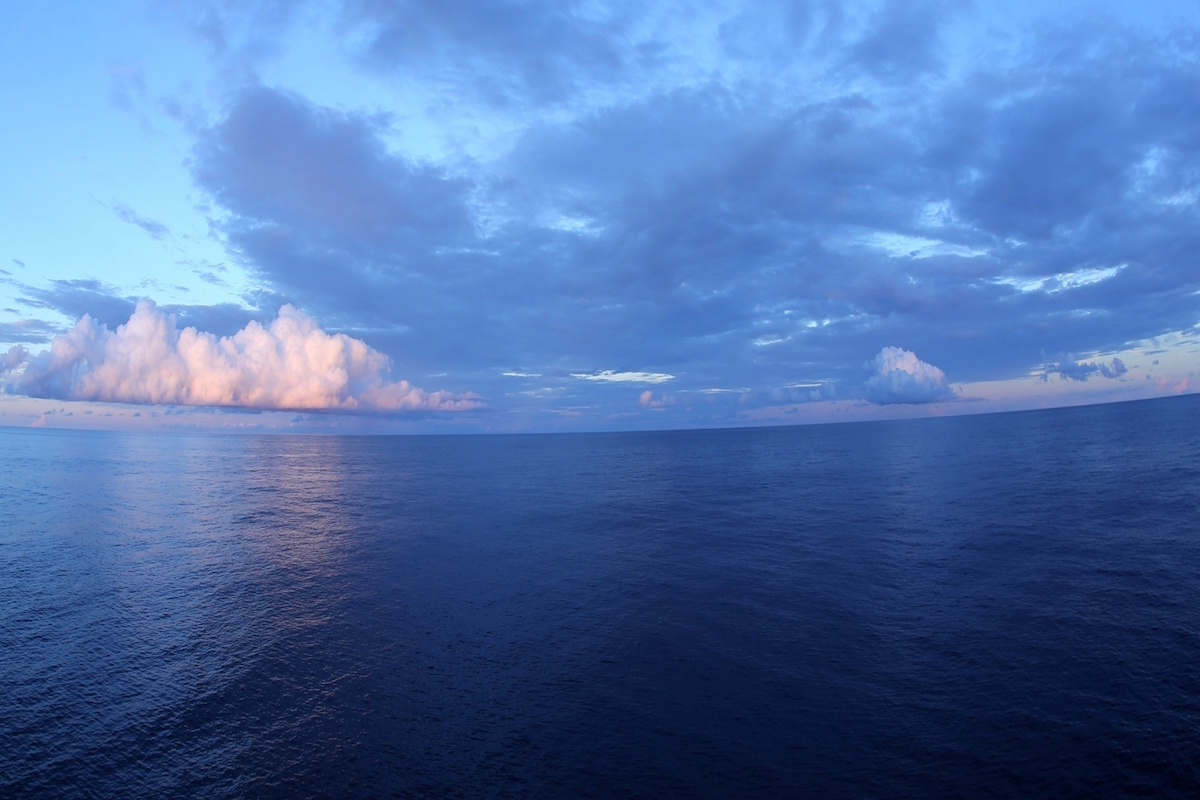Yet another environmental crisis appears to be brewing and it is hard not to wonder whether Japan’s decision is tantamount to contrived contamination. The country will release into the sea more than one million tonnes of contaminated water from the devastated Fukushima nuclear plant.
The move by the Suga government in Tokyo has been vehemently opposed by China and South Korea and also, of course, the local fishing industry. It bears recall that reactor buildings at the Fukushima power plant were damaged by hydrogen explosions caused by an earthquake and tsunami in 2011. The tsunami knocked out cooling systems of the reactors, three of which had melted down.
Advertisement
At stake is the environment across the choppy sea and its vicinity and the population there. More than a million tonnes of water have been used to cool the melted reactors.
The radioactive water is treated in a complex filtration process that removes most of the radioactive elements, but some remain, including tritium ~ deemed harmful to humans but only in very large doses. It is then kept in huge tanks, but the plant’s operator Tokyo Electric Power Co (TepCo) is running out of space, with these tanks expected to fill up by next year.
About 1.3 million tonnes of radioactive water ~ or enough to fill 500 Olympic-sized swimming pools ~ are currently stored in these tanks. The water will be treated and diluted to ensure that radiation levels are below those set for drinking water. But fears of contamination are dangerously real and cannot so readily be disspelled.
Environmental groups, pre-eminently Greenpeace, have expressed their opposition to releasing the water into the ocean. In their reckoning, Japan’s plans to release the water showed the government has “once again failed the people of Fukushima”.
Protection of humans warrants the uppermost priority. The country’s fishing industry has also argued against releasing the water. It is worried, and with cogent reason, that consumers will refuse to buy produce from the region.
The industry was hit extremely hard after the 2011 disaster, with many countries banning the import of sea food ~ otherwise delectable ~ caught off Japan’s north-eastern coast. The decision has caused a flutter in the international roost, provoking criticism from neighbours. South Korea’s foreign minister has expressed “serious regret” on Monday. China’s foreign office spokesman, Zhao Lijian, has urged Japan to “act in a responsible manner.
At another remove, President Biden’s United States of America appears to support Japan’s decision, saying it seemed to have “adopted an approach in accordance with globally accepted nuclear safety standards”. Japan argues that the release of the waste water is safe as it is processed to remove almost all radioactive elements and will be considerably diluted.
The plan has the backing of the International Atomic Energy Agency, which says the release is similar to the disposal of waste water at other plants around the world. Scientists argue that the elements remaining in the water are only harmful to humans in large doses. The world must keep its fingers crossed.











